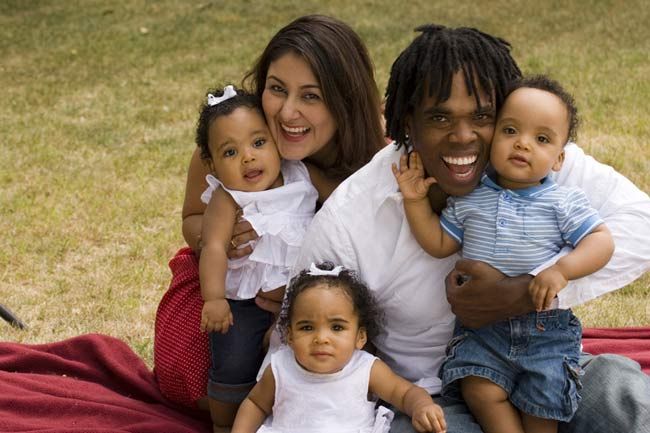What Humans Should Really be Thankful For

In this season of thankfulness, it's a good idea to move beyond being thankful for more food than we could ever eat and more family than we could ever argue with and take stock of other issues in our lives that deserve a nod. We are humans, and this species has a lot to be grateful for. The first real human trait was bipedalism, walking on two legs, which appeared more than 4.5 million years ago. No one knows why we became bipedal, but walking upright allows us not only to cover a lot of ground in an efficient way; it also allows us to carry things, like shopping bags and purses, or a cooked turkey on a platter. We also have very large and complex brains. All primates are pretty well endowed in this arena, but humans have the biggest brains of all in relation to body size. Although we might focus on some of the negative aspects of braininess—remembering embarrassing moments in the past, self-consciously wondering if our hair looks dumb, pondering death a little bit too much—all in all, being smart has got to be a good thing. It allows humans to solve problems, enjoy a good book and invent things to do with miniature marshmallows. Humans can also be distinguished from apes by our tiny canines, which means we can chew gum or stuffing really well. We are also omnivores which means we are able to digest just about anything including family recipes made by Aunt Sally every holiday that would be rejected by a chimpanzee. We do, however, share many characteristics with other primates, and if they could talk, they'd give thank along with us. There's binocular vision—good for leaping through trees or dodging kisses from elderly relatives. And color vision is an advantage when looking about the forest for ripe fruit or in the grocery store through various flavors of JELL-O. Humans also share with other primates a penchant for socializing. Monkeys spend hours grooming each other and humans spend hours talking about each other, mostly behind each other's backs. All primates also display complex layers of social relationships. We make strategic alliances with those around us, establish close friendships that are critical for survival and depend on kin, especially to bring the cranberry sauce. We primates also have the same sort of kids—ones that are born dependent on their elders and stay that way for years. This might not always seem like something to be grateful for, from the parents' point of view, but it also means human parents get to hold our babies, cuddle with them and try all sorts of funny faces to make them smile. Since primate kids can't forage well on their own, parents also get to feed them interesting things such as mash potatoes with gravy and pumpkin pie, and see how it looks sliding down the walls. Of course, we share another particular parenting trait with lots of other animals that, I'm sure, would like to join us in saying, "Thanks for the mammaries." Meredith F. Small an anthropologist at Cornell University. She is also the author of "Our Babies, Ourselves; How Biology and Culture Shape the Way We Parent" (link) and "The Culture of Our Discontent; Beyond the Medical Model of Mental Illness" (link).
- Video: Jane Goodall's Wild Chimpanzees
- Top 10 Missing Links
- 10 Species Success Stories
Sign up for the Live Science daily newsletter now
Get the world’s most fascinating discoveries delivered straight to your inbox.












